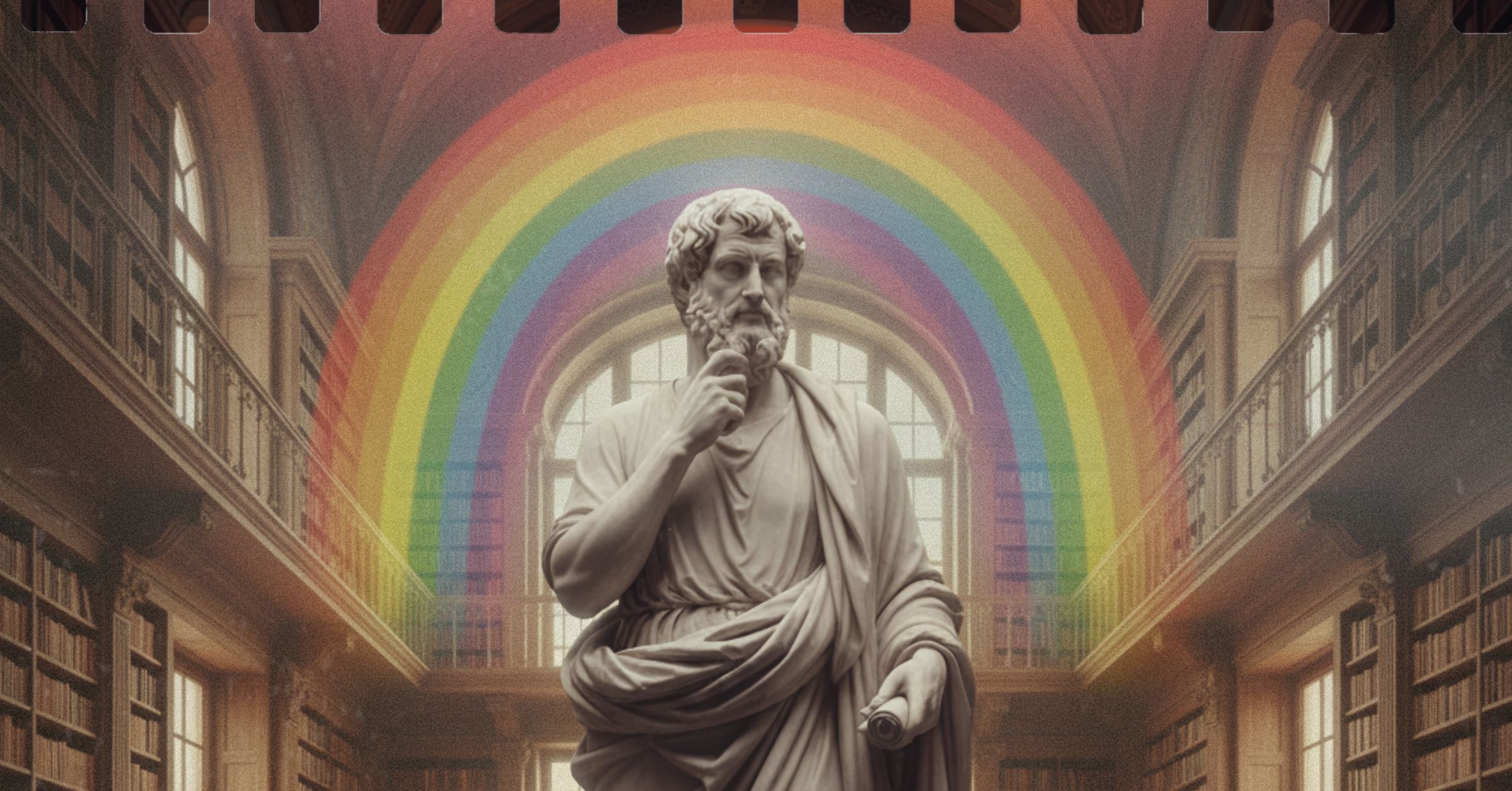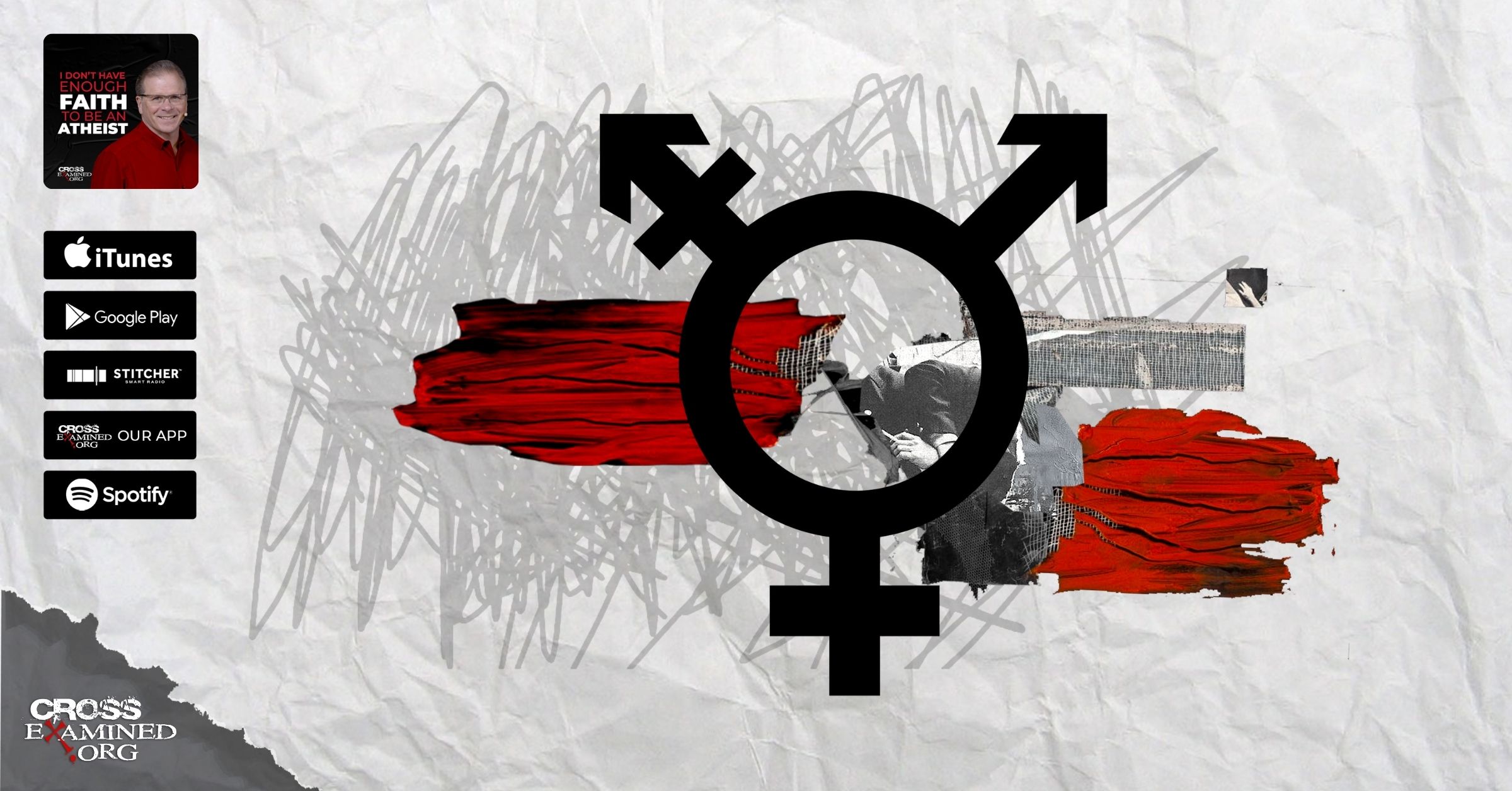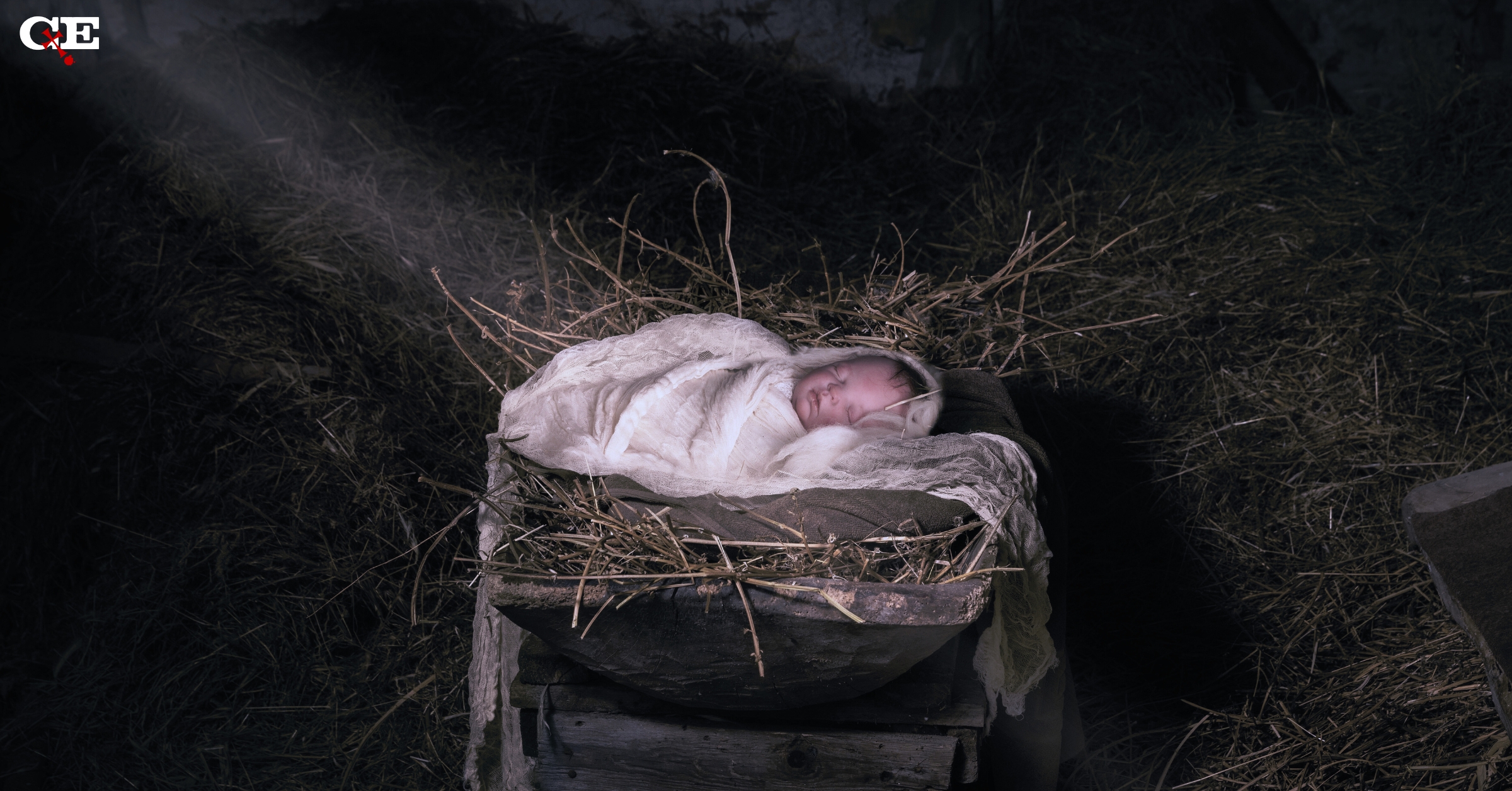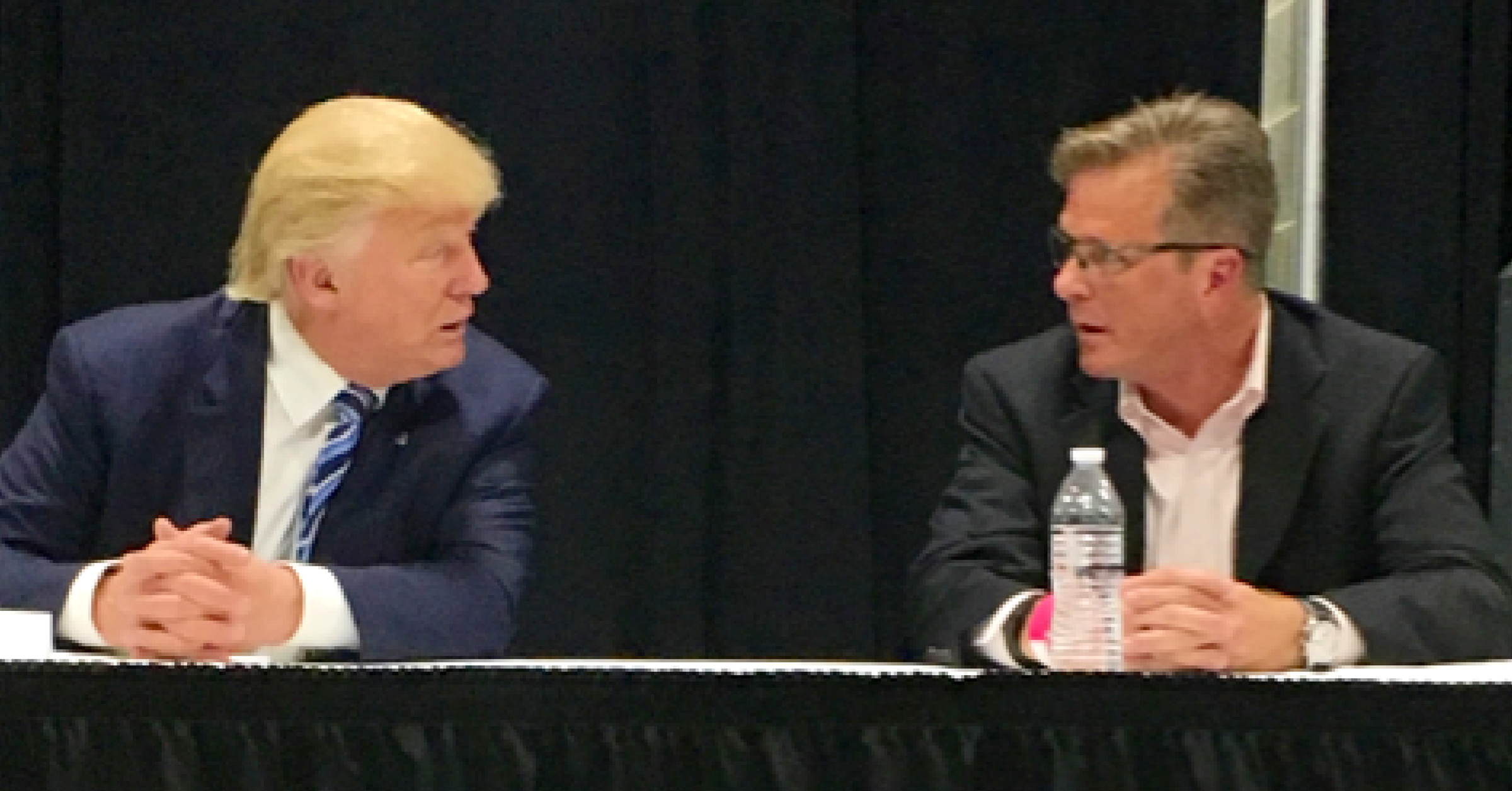The False Dilemma of Worldly Philosophies
“We destroy arguments and every lofty opinion raised against the knowledge of God, and take every thought captive to obey Christ.”
2 Corinthians 10:5
One of my goals as a Christian and as a tenured full professor of philosophy and religion at our nation’s largest research university (ASU) is to help Christian parents and students understand what to expect if they attend classes teaching radical ideologies—DEI, LGBTQ+, Antifa, decolonization, anti-settler, anti-white, and anti-heteronormativity theories. Christians know that such universities would never permit a Christian to use class time for evangelism. The radical Marxist professor seems to think that the First Amendment guarantees them a job as a professor, but it doesn’t guarantee them that anyone will attend their classes or programs.
So how did we get here, and what can parents and students do about it?
Three Steps that Led Us Here
1. The Myth of Neutrality – The first step is the myth of neutrality. Christians allowed public universities to be disconnected from Christian belief on the assumption that in a pluralistic society, public education cannot be shaped by one “perspective.” But this neutrality was a myth—and it was never practiced by the radical left.
Many on the left claim they are teaching “facts,” not religion, so they avoid the appearance of bias. Yet, for them, the Marxist dialectic is the fact of the matter. They look at who is in power and blame that power structure for realities like poverty and crime. In the modern era, white Christian males have been in power, so they become the objects of animosity.
This assessment has no nuance. These critics lump all Christians into the same narrative, ignoring that slavery, for example, was brought to an end largely by white Christian men, whereas it continues in other parts of the world today. But for the radicals, that too must somehow be blamed on colonization and, by extension, Christianity. All problems in any nation today are due, they tell us, to Christianity. Christian missionaries are the special subject of their animosity.
- Twisting Christian Values –Second, they use Christian values to tie Christians up so they can’t engage in the intellectual battle. “Christians,” they say, “are supposed to be self-sacrificing and turn the other cheek. If you’re insulted, you shouldn’t reply. And don’t Christians care about the poor? Shouldn’t you help marginalized sexual groups?”
For many Christians, this strategy is powerful. They either bow out of the conflict with radicalism or even join it because they want to help those who suffer. Radicals will even quote the Bible to Christian students: “Didn’t Jesus say that when you help the least of these, you are helping Him?”
Students may be ready for a direct assault on the Bible, but they are often unprepared for scripture twisting. One radical I work with says she loves Jesus just not the other parts of the Bible made by men. Which parts of what Jesus says does she like and which parts are made by men? She likes the parts that accord with her own moral intuitions (two or three sayings about helping others) and all the rest, those that call for repentance for sin, those that tell the crowd to seek the bread of life, those that call us to love him by keeping his commandments, those she dismisses.
- The False Dilemma – Third, we need to prepare for the false dilemma. A false dilemma gives only two options when more are available. It says, “either A or B,” when there is also C, D, E, and so on.
In a false dilemma, each side may contain some truth. Rarely does a belief system teach only falsehoods. The Marxist is right to care about the poor and to point out that greedy people misuse the capitalist system to exploit others. But the Marxist’s ability to identify real sins does not validate the rest of their worldview.
The Horizontal Solutions
Radical professors try to solve humanity’s problems on a merely human level—what I call the horizontal level. They believe crime and poverty result from private property. Eliminate private property, they argue, and we will create perfect humans.
But the other side of the false dilemma is no better. There we find godless capitalism, pushed by atheist technocrats who want to perfect humanity through technology and transhumanism built on capitalist innovation.
Both sides offer merely horizontal solutions.
The Need for a Vertical Perspective
The real solution begins with recognizing that there is more to existence than the merely human or merely material. We must begin with God, who has existed from eternity. We are His creatures, made by Him and given moral direction by Him. Our chief end is to glorify Him and enjoy Him forever.
Our human problem is first and foremost our sin by which we lost communion with God. Our sin destroys every aspect of our lives. It makes us hate ourselves and have body dysmorphia, it makes us hate our neighbor and develop grievances and envy, and it makes us hate God. Although God’s commands are good for us and are the path to life, in our sin we hate his law and find it a burden.
Jesus warned the crowds following Him that they sought only material bread when they should have been seeking the Bread of Life. Poverty is tragic, but there are far worse things—such as spiritual death. Jesus was clear that we should not be focused on “what shall I eat and what shall I wear” but on the kingdom of God (Matthew 6:24-26). He was clear that “Whoever does not obey the Son shall not see life, but the wrath of God remains on him” (John 3:36).
Why the Radical Turns to Marxism
The desire to help the downtrodden is why many godless academics are drawn to some variation of Marxism. Created in the image of God, they still long for justice and righteousness, even after abandoning God. They suffer under the weight of sin that crushes individuals and entire systems.
But rather than repent, many will just harden their hearts, double down on hating God, and propose their materialist dialectic. The “spiritually minded” simply add New Age platitudes about “the universe,” “my soul,” “reincarnation,” or “the One.”
The False Dilemma Exposed
The false dilemma appears because both perceived options—Marxism and materialistic capitalism—reject God.
- Some forms of capitalism assert that the individual is the absolute owner.
- Marxism asserts that the community is the absolute owner.
But the truth is that only God can absolutely own anything.
Capitalism has real virtues: personal responsibility, private property, fair wages, investment of capital, wise use of time. It has raised more people out of poverty and produced more innovation than any other system. But if it becomes mere human ownership for selfish indulgence, it is as ugly as Marxism.
We do not have to pick between two poisons. What happens in the university is that Marxists point out abuses in capitalism, and the unprepared Christian is caught and made captive to unbelief.
Preparing the Next Generation
We need to teach our children to see through these tactics. Help them anticipate the assaults of Marxist radicals so they are not caught off guard—and so they can raise questions exposing the folly of the materialist dialectic.
If they know the strategy in advance, they can counter it. Or better yet, they can choose alternative classes and professors. No one is required to take courses from Marxist radicals. Let them lecture to empty rooms.
Recommended Resources:
Was Jesus Intolerant? (DVD) and (Mp4 Download) by Dr. Frank Turek
Correct not Politically Correct: About Same-Sex Marriage and Transgenderism by Frank Turek (Book, MP4, )
How Philosophy Can Help Your Theology by Richard Howe (DVD Set, Mp3, and Mp4)
Legislating Morality: Is it Wise? Is it Legal? Is it Possible? by Frank Turek (Book, DVD, Mp3, Mp4, PowerPoint download, PowerPoint CD)
Dr. Owen Anderson is a Professor of Philosophy and Religious Studies at Arizona State University, a pastor, and a certified jiu-jitsu instructor. He emphasizes the Christian belief in God, human sin, and redemption through Christ, and he explores these themes in his philosophical commentary on the Book of Job. His recent research addresses issues such as DEIB, antiracism, and academic freedom in secular universities, critiquing the influence of thinkers like Rousseau, Marx, and Freud. Dr. Anderson actively shares his insights through articles, books, online classes, and his Substack.











